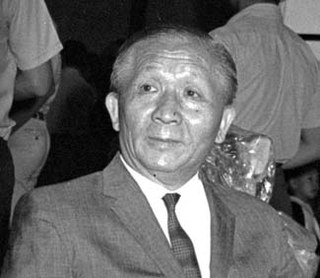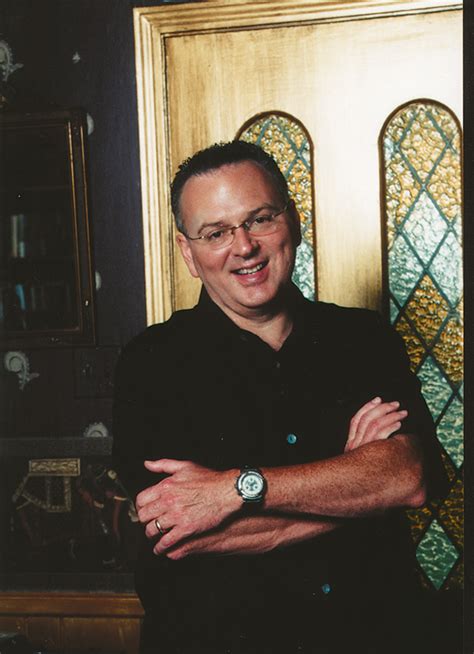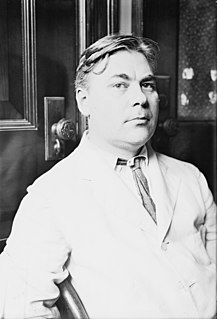A Quote by Chanakya
This sutura gives example about the purpose of relationship. A son of enemy who wants to uproot his own father, should be treated as friend and shold be protected. This may be called opportunism but is and should be necessary part of polity and statesmanship. Moreover, if a father is not aan upright man to have friendship with his sone can be a meritorious peson. So it is better to protecdt him.
Related Quotes
The Son is called the Father; so the Son must be the Father. We must realize this fact. There are some who say that He is called the Father, but He is not really the Father. But how could He be called the Father and yet not be the Father?... In the place where no man can approach Him (I Tim. 6:16), God is the Father. When He comes forth to manifest Himself, He is the Son. So, a Son is given, yet His name is called 'The everlasting Father.' This very Son who has been given to us is the very Father.
When the father dies, he writes, the son becomes his own father and his own son. He looks at is son and sees himself in the face of the boy. He imagines what the boy sees when he looks at him and finds himself becoming his own father. Inexplicably, he is moved by this. It is not just the sight of the boy that moves him, not even the thought of standing inside his father, but what he sees in the boy of his own vanished past. It is a nostalgia for his own life that he feels, perhaps, a memory of his own boyhood as a son to his father.
You cannot show real respect to your parents by perpetuating their errors.... Do you consider that the inventor of a steel plow cast a slur upon his father who scratched the ground with a wooden one? I do not consider that an invention by the son is a slander upon the father; I regard each invention simply as an improvement; and every father should be exceedingly proud of an ingenious son. If Mr. Talmage has a son, it will be impossible for him to honor his father except by differing with him.
And he arose and came to his father. But while he was still a long way off, his father saw him and felt compassion, and ran and embraced him and kissed him. And the son said to him, 'Father, I have sinned against heaven and before you. I am no longer worthy to be called your son. But the father said to his servants, 'Bring quickly the best robe, and put it on him, and put a ring on his hand, and shoes on his feet. And bring the fattened calf and kill it, and cet us eat and celebrate. For this my son was dead, and is alive again; he was lost, and is found.' And they began to celebrate.
Sir Walter, being strangely surprised and put out of his countenance at so great a table, gives his son a damned blow over the face. His son, as rude as he was, would not strike his father, but strikes over the face the gentleman that sat next to him and said, "Box about: twill come to my father anon."
The natural inclination of man is to rely solely upon himself and to ignore the purpose of his existence as well as his relationship to God who is his spiritual father. If man will recognize his divine origin, he will then realize his Heavenly Father will not leave him alone to grope in darkness of mind and spirit, but will make available a power to influence him in right paths and into standards of good behavior. The Holy Ghost is that power.
Such was the will of the Father that his Son, blessed and glorious, whom he gave to us, and who was born for us, should by his own blood, sacrifice, and oblation, offer himself on the altar of the cross, not for himself, by whom "all things were made," but for our sins, leaving us an example that we should follow his steps.
Rattigan's world demanded unwavering trust in principles, loyalty, and virtue. At the time of this play - Rattigan was writing this play in 1947 about an incident that took place in 1914 - should a boy say he didn't do something, his father would believe him; a British father would take the defense of his son's honor to his grave.
Ironically, it was the father's blessing that actually "financed" the prodigal son's trip away from the Father's face! and it was the son's new revelation of his poverty of heart that propelled him back into his Father's arms. Sometimes we use the very blessings that God gives us to finance our journey away from the centrality of Christ. It's very important that we return back to ground zero, to the ultimate eternal goal of abiding with the Father's in intimate communion. (pg. 243)
Why are we proud? We are proud, first of all, because from the beginning of this Nation, a man can walk upright, no matter who he is, or who she is. He can walk upright and meet his friend - or his enemy; and he does not fear that because that enemy may be in a position of great power that he can be suddenly thrown in jail to rot there without charges and with no recourse to justice. We have the habeas corpus act, and we respect it.


































